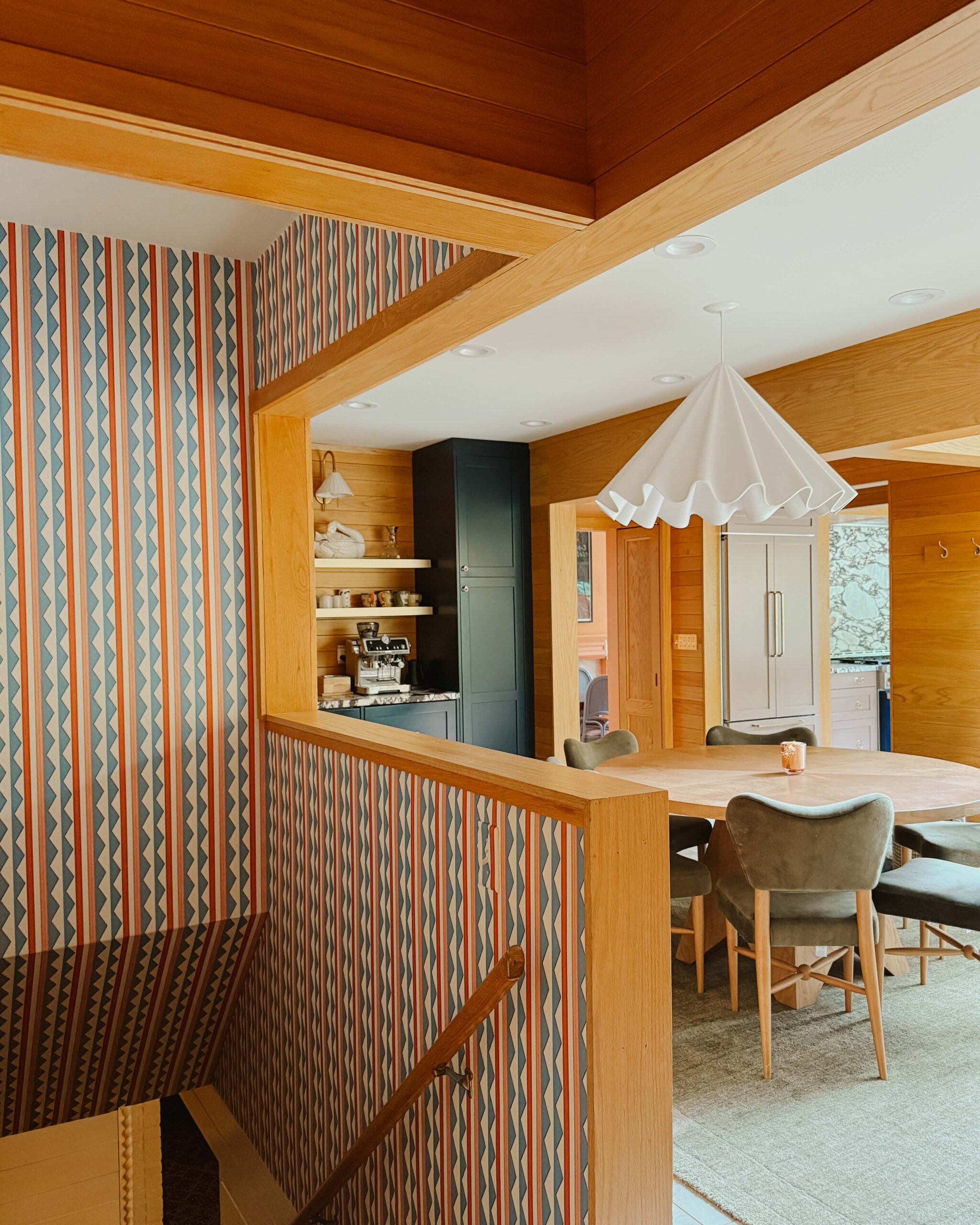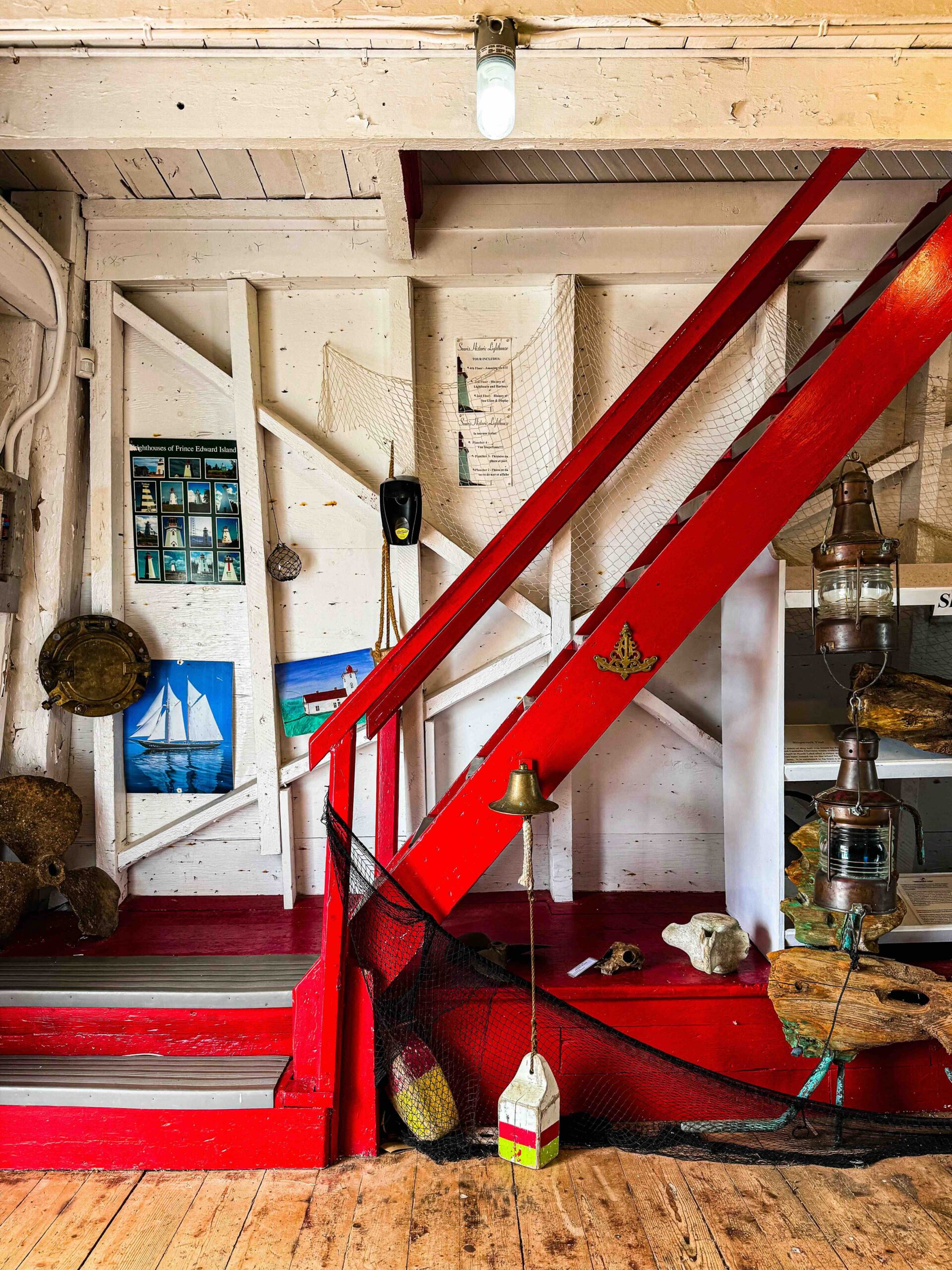

It’s been a bit of a rough go in the past, oh, year—maybe more. And I’d venture to say that the world needs a little bit of love and laughter—maybe even a little bit of compassion, humanity, and a genuine emphasis on self-care.
So when Netflix announced that they were going to re-release Queer Eye, I was ready for whatever the series might hold. And to say the least, Queer Eye gave me all the feels. I cried, squealed, grimaced, and grinned like a fool. I also might’ve stress eaten a couple bowls of buttered popcorn during Episode 3. From my perspective, the series seemed like a much-needed dose of humanity after a rather arduous 14+ months of turmoil both in the United States and abroad.
And, episode after episode, the Fab Five kept reminding me of something I learned while volunteering at a sexual assault response center: You don’t know how your words will impact other people.
“Let’s unpack that.”
Let me be frank: I’m a survivor of sexual assault. That’s why I started volunteering at the response center in the first place. I wanted others to have resources, a safe space—hell, even just a listening ear: I wanted all these things for other people because I wished I’d had access to them when I needed it.
Good intentions aside, I could not make another person’s experience about me. Yes, that might be a Captain Obvious statement to make, but it’s easy to say “I’m so sorry, I get it” when you’re working through a traumatic experience with a survivor and your heart hurts so badly for them. But regardless of how traumatic and difficult my experience might have been, I was there for them—not me. This meant that I had to reassess my language and communicate in a sensitive, yet trustworthy, approachable, compassionate, and warm way. It was, without a doubt, one of the most important things I learned while volunteering at the center.
I bring this up because establishing rapport with anyone you don’t know, much less a survivor, is challenging. So, people resort to commiserating or talking about relatable topics. This approach cultivates grounds for relatability, and thus the “yeah I get it” or even “same here” sentiment is born. We think we know, but in reality, we don’t. Or rather, we make assumptions based on the potential relatability which in turn impacts how we interact with someone. And we all know what happens when we assume something (it makes an ass out of you and me).
That’s why phrases like “I know how you feel” or “I know what you’re going through” are so precarious—they come across as empathetic and compassionate, but instead they dilute what the other person is experiencing. Because while you may find striking similarities in that person or with what they’re saying, you don’t actually know how they feel. That person (and you) is deserving of space—room to feel and grow—without having someone in the background telling you that they “get it.”
Okay, this isn’t to say that you must parse or censor your words, after all, they mean different things to different people. But again, while you might think you’re being kind, loving, or even funny, someone else might feel otherwise. This ties directly into assumption-making: because we just don’t know how our words will impact other people no matter who we think they are or what we might have in common.
Rather than make assumptions, invite conversation and actively listen to what the other person is saying. That’s one of the many reasons why Queer Eye is such a magnetic and important piece of media: the Fab Five listens to the heroes, hears them for who they are, and invites them to start harnessing the best version of themselves—without assumptions, without BS, and with a whole lot of love (even in the face of insensitivity and adversity).
So, in the very least, try to view your sensitivity and awareness of impact as a means of contribution. A sort of bystander advocacy if you will. Language is an incredibly strong tool when it comes to change—that’s partially why the phrase “let’s unpack that” is so (so, so, so, SO) powerful. It invites someone to dive deeper (just beyond the coping mechanisms and emotional self-preservation strategies) and lets the other person know you’re listening. In turn, you not only maintain compassion and encourage a safe space for others, but you also establish language as a meaningful, trustworthy tool.
Intentional or not, Queer Eye goes at great lengths to remind viewers and participants that our words, and how we relate to other people using our words, have a lot more gravity than we give them credit. Now, time to apply that kindness to ourselves and reassess our internal monologue.
–
Illustration by Geoff McFetridge
BY Monique Seitz-Davis - May 3, 2018
Most-read posts:
Did you know W&D now has a resource library of Printable Art, Templates, Freebies, and more?
take me there
Get Our Best W&D Resources
for designing a life well-lived




Thank you for being here. For being open to enjoying life’s simple pleasures and looking inward to understand yourself, your neighbors, and your fellow humans! I’m looking forward to chatting with you.
Hi, I'm Kate. Welcome to my happy place.
















So interesting to think about language and its impact. I totally hear what you’re saying but on the other hand, I can’t help but think about the #metoo movement and the awakening of shared experiences across huge numbers of people, and how in my own life there have been times where it’s so powerful to find a connection with someone who’s been through a similar experience, someone who really gets it. It has to be appropriate for the situation, like you say-there’s definitely times to let people say their piece and not rush to pivot away from that. Thank you… Read more »
I just read your lovely post on QE2. So much beauty for ashes in your blogging, and I loved, loved, loved the phrase, “Let’s unpack that and also found it powerful.” Xoxo